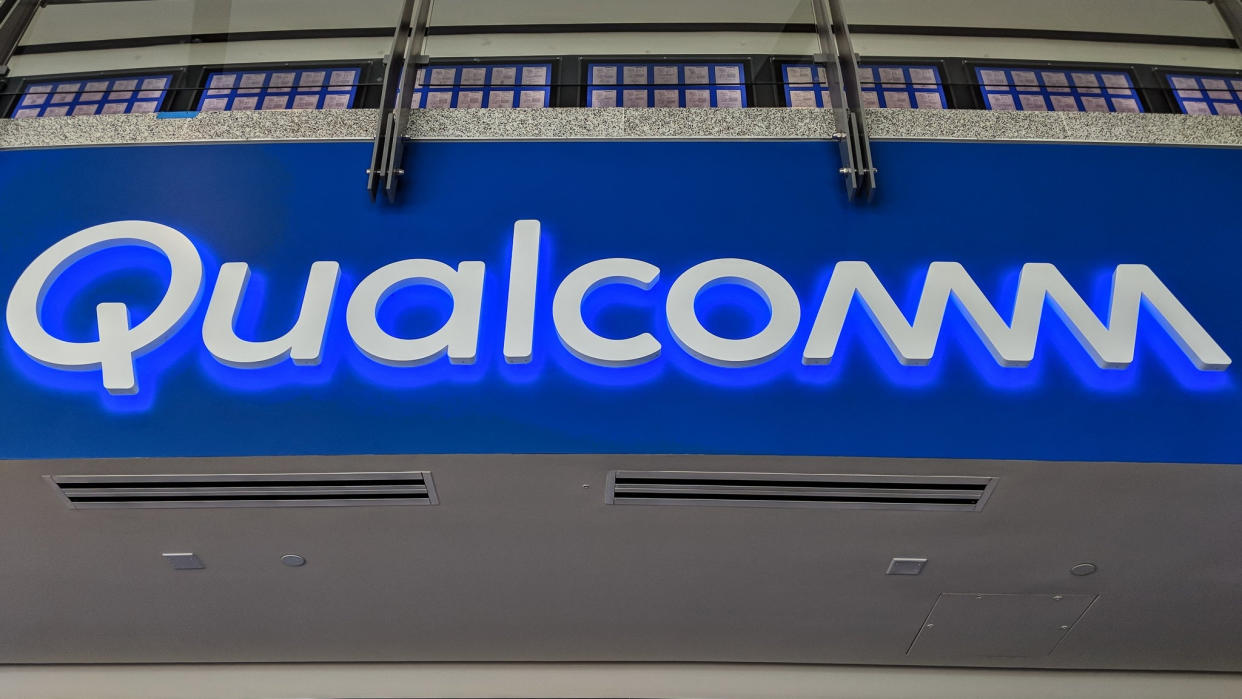Snapdragon 8 Gen 4 leak shows the chip may achieve some impressive clock speeds

What you need to know
Qualcomm's next flagship SoC details and benchmarks leak way ahead of launch.
The Snapdragon 8 Gen 4 could hit 4.0GHz clock speeds — as noted by Digital Chat Station.
The latest benchmarks reveal the chipset's prowess over the Snapdragon 8 Gen 3.
Additionally, the leak also points out the upcoming Dimensity 9400 Geekbench results.
While we have just started seeing Snapdragon 8 Gen 3 chipset-powered phones this year, new rumors and leaks already hint at what to expect from the next iteration of the SoC, which is tentatively named Snapdragon 8 Gen 4.
The earlier rumors of the upcoming chipset have hinted at Qualcomm's reliance on TSMC for its production, which will be based on a 3nm process. A new leak from Digital Chat Station (via Wccf tech) points to the chipset finally hitting 4.0GHz with its latest performance cores.
To achieve that, the chipset maker may likely opt for either Oryon or Phoenix cores, further accompanied by a faster Adreno 830 GPU, which is rumored to be faster than the M2 by Apple. It should be noted that Qualcomm announced last year that Oryon cores found in the Elite X chip would arrive on mobile devices in 2024.
Meanwhile, X user Nguyen Phi Hung (via Notebookcheck) has surfaced new benchmarks for upcoming chips. These benchmarks include the Snapdragon 8 Gen 4 chipset alongside MediaTek's next chip, potentially the Dimensity 9400 — chips that will be pit against each other later this year to power the next generation of Android phones. The Snapdragon 8 Gen 4 has unsurprisingly outshined the current Snapdragon 8 Gen 3 by scoring 2845 single-core ratings and 10628 multi-score ratings on the Geekbench 6.
The Dimensity 9400, on the other hand, has scored 2776 on the single-core and a whopping 11739 on the multicore, outperforming the Snapdragon 8 Gen 4 as well. The tipster has also showcased the Antutu benchmarks, revealing promising numbers for both high-end chipsets.
The aforementioned chipsets have yet to hit the shelves, which will likely be late this year. Hence, these benchmarks should be considered with a grain of salt. These chipsets would likely be more powerful than the existing Snapdragon 8 Gen 3, which has already proven its worth by powering the latest OnePlus 12 alongside the Galaxy S24 series in the U.S.
